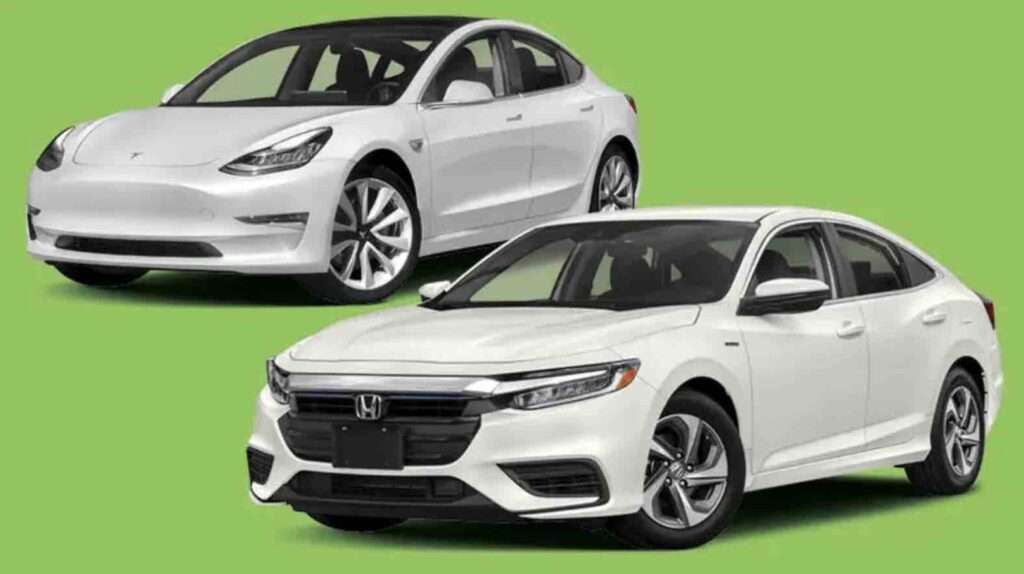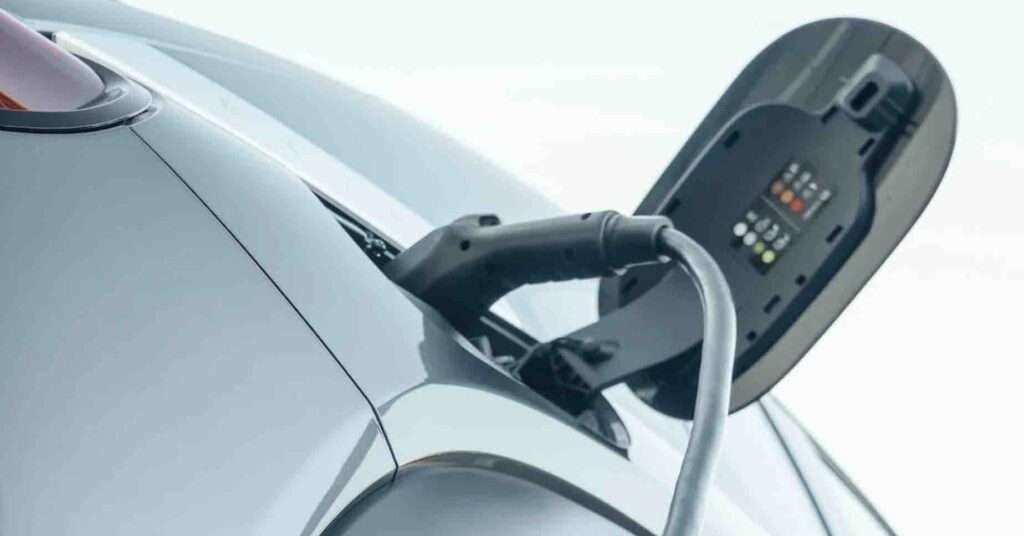Latest Advancements in Electric Vehicle Technology Explained Future EV Technology
What are the future ev technology and advantages of electric vehicles? Find out in this post on advancement in electric vehicle technology explained in detail.
No doubt that electric cars have continuously kept evolving and developing into something incredible over the years. Starting with its efficiency and battery life advancements, electric car adoption by echo-friendly car lovers increases with each passing day. It is not uncommon to see EVs driving down your street or parked in charging stations around your area, and the chances are that you’ve probably considered buying one for yourself. Or maybe you know someone who owns or is considering purchasing one.
With the latest advancements in electric vehicle technology, it’s easy to see why they’re one of the most significant sectors in the car industry today. In this article, I’ll focus on some of the top advancements in electric vehicle technology that you want to look out for in the coming months as new electric cars are being released. If you’re interested in learning more about all the future ev, then I urge you to keep reading. Let’s first dive right into six current explanations of Electric vehicle technology, and we move on to future ev technology
6 Latest Advancements in Electric Vehicle Technology Explained
2022 was an eventful year in terms of electric vehicle innovation, and 2023 is set to bring even greater breakthroughs and advancements. Technology continues to advance quickly within this sector; studies indicate this year will be one of the peak years for adoption of these cars – so let’s keep our eyes peeled for any exciting advancements as 2023 unfolds! Our watch list might include the following;
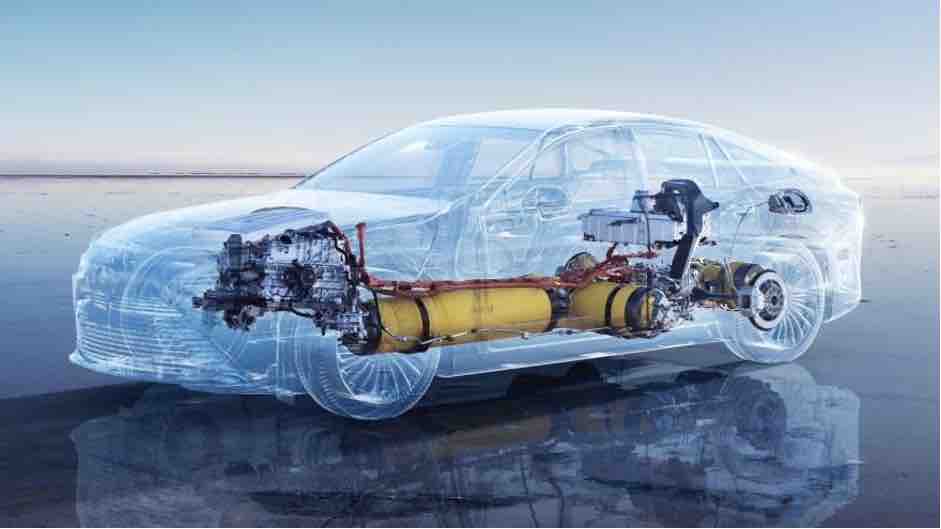
1. A Newer Type of EV
There are different kinds of electric vehicles (EVs), each offering its own charging methods. Hybrid and plug-in EVs often rely on gas; battery EVs use electricity directly as fuel; however hybrid/plug-in models also can use gas at times as their source of power; however battery-only vehicles (or battery EVs as they’re often known) remain more popular options; in addition, there exists another type that doesn’t use either electricity nor gas at all to move.
Hydrogen Fuel Cell Vehicles (FCEV), the latest advancement of electric vehicles, use hydrogen as their energy source rather than gasoline or other conventional engines for propulsion, but instead of charging like other EVs they convert hydrogen to electricity instead – creating safer driving while producing only water and heat emissions as byproducts.
However, due to being new on the market and still rare compared to their alternatives. Only about 15,000 FCEVs can currently be found on US roads; most can only be found in California.
2. Improved Batteries
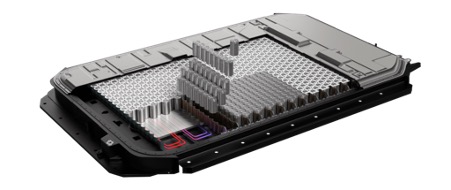
One key characteristic that sets electric vehicles (EVs) apart from traditional cars is their battery. Early EV models like Prius used nickel-metal hydride batteries, but battery technology has progressed considerably over time – one-factor pushing electric cars mainstream was Lithium-ion vehicles entering the mainstream market because of their lighter weight than nickel-metal hydride counterparts and longer lifespan.
Formula E has taken an innovative step toward making better batteries available to EV users and is leading this change with their 3rd Gen vehicle by developing and unveiling improved batteries – according to its Chief of Staff; this will deliver 600kW of power, providing huge amounts of energy.
Companies such as Mercedes Benz and Ford are currently exploring solid-state technology batteries for their emerging car models, which should provide up to 350-500 miles of range on one charge.
3. EVs and the IoT ( Electric Vehicles and the Internet of Things)
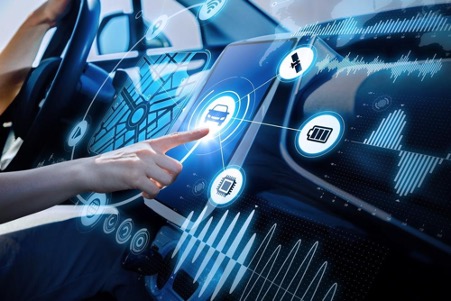
No doubt about it: we live in an age of Big Data when connectivity and information have an enormous influence over various industries. One powerful solution in this era is Internet of Things (IoT). IoT refers to an expansive system connecting identifiable objects which provide services – this may include both automatically operated items as well as those operated manually by humans.
The IoT is beginning to grow in popularity in the electric vehicle industry. A 2022 study showed that IoT could increase the EV range by 25%. IoT can improve battery management systems in an EV by collecting data about its function. It can also help to redistribute energy to ensure maximum efficiency. EVs are becoming the norm when it comes to driving. While the existing EV technology comes with several benefits, more innovations, like the introduction of IoT, will encourage more people to make the switch.
4. Cell-to-Pack Technology
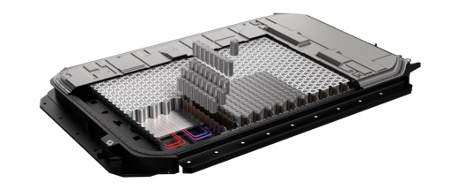
One of the latest advancements you should watch out for in the electric vehicle sector is the cell to pack technology. This new technological advancement comes with improved efficiency because it eliminates the intermediate components and reduces the overall resistance of the battery pack. This new advancement will result in a faster charging time and longer ranger for electric vehicles.
Additionally, the cell-to-pack technology also reduces the weight of the battery pack, increasing the performance of the EV. It simplifies the manufacturing process for battery packs and results in faster production time. Overall, the introduction of cell-to-pack technologies in EV battery packs automatically increases their reliability.
5. AI-Powered Car Health Checks
Artificial intelligence is set to play a top role in EVs’ future in the coming years. Not only will it be valuable in the self-driving vehicle market, but it will also be utilized to give diagnostics on our vehicles. Electric vehicles have fewer moving parts, so AI can provide a real-time, full-spectrum vehicle assessment. Inspectors will use this assessment to check the cars when necessary.
AI is a game changer in the EV market because it can deliver fast information on issues with the vehicle before they become an issue. As reflected in the NIO ES8, It could also provide detailed warnings about what could be problematic, saving time and money. Better insights will ensure less time at the garage and fewer funds spent on repairs.
6. Smart Grid Technology
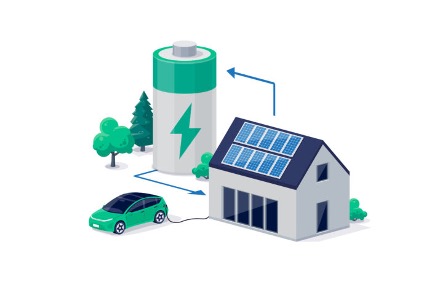
Like phones, cars can share their charge, and as they advance in technology, they’re beginning to share these capabilities. Bi-directional charging allows vehicles to redirect their power to provide energy to a house or charge smaller transport options like an e-bike or scooter.
The recent energy price hikes have made many people nervous about dealing with the increased burden of charging electric vehicles. This advancement helps to mitigate this issue by letting you use a reserve EV battery to power your home when you want. You can then reroute the power to your EV when you want.
Best Electric Vehicles Coming in 2023 Onward
This year is packed with new, hot electric cars coming to EV lovers like you and me. Although most of them are still in the concept stage, I’ve collected a list of those that’ll be available soon. what type of motor used in electric vehicle?
1. Audi A6 E-Tron
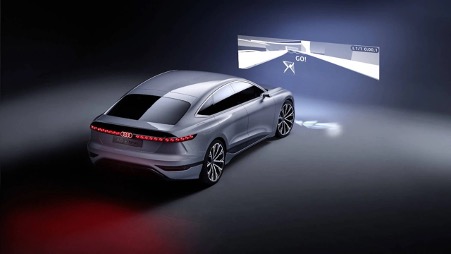
I’ve been waiting a while for the electric A6 models to arrive. Audi first released the idea in 2021 at the Shanghai Motor Show. This electric vehicle will be released based on the latest PPE EV architecture. One of the top benefits of the Audi A6 E-Tron is that you’ll enjoy quick 800-volt charging and a longer range due to the 100-kWh battery capacity.
This capacity could also mean ranges approaching 400 miles. Audi will probably include door cameras which is one of their obsessions. The projection headlight also remains a top spec with this new design.
2. Fisker Ocean
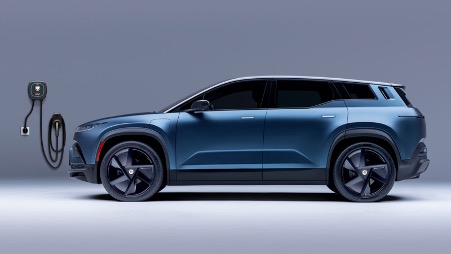
This vehicle is one of the best-looking electric vehicles in 2023. It was supposed to be released in 2022 but was delayed, making it one of the most expected EVs in 2023. It comes with a 17.1-inch display in the cabin that, when enabled, rotates the screen from portrait to landscape and back. This ensures that streaming movies entertain all occupants.
The battery also offers a range of up to 391 miles. I can’t also ignore the SolarSky roof that gives drivers 1,500 emission-free miles yearly when exposed to the sun. It also features one of the latest advancements in electric vehicle technology; bi-directional chargers. This charger allows the EV battery to run your home for up to seven days while also giving other EVs a needed boost.
3. Tesla Cybertruck
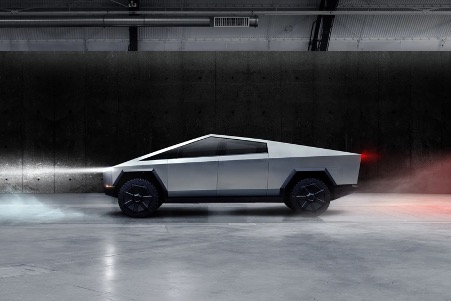
Whether you’re a fan or not, Elon Musk promises this Tesla pickup will come to customers in 2023. Although previous Tesla models have been delayed monumentally, Tesla promises this launch will happen. Hundreds of users have already reserved the Tesla Cybertruck for $100, and Tesla promises to blow fans away with its impressive performance. The Tesla Cybertruck is set to deliver a towing capacity of 14,000 pounds and a range of 500 miles. It will also come with a three-second zero-to-60 time.
4. DeLorean Alpha5

If you’re a fan of Back to the Future, you would be blown away by the fact that this is DeLorean’s first car in over four decades. In sync with the times, it will be fully electric and go from zero to 60mph in just three seconds. The Alpha5 is set to provide a 300-mile range and comes with gull-wing doors and louvered rear windows.
5. Kia EV9
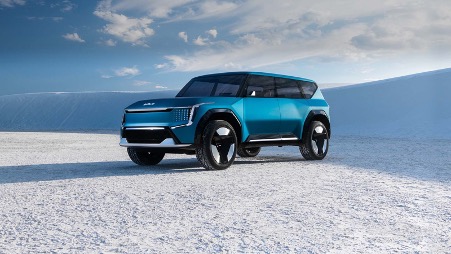
Kia first revealed this electric vehicle at the 2021 Los Angeles Auto Show. However, it is expected o hit showrooms this year. It has a solar panel built right into the car bonnet, and the interior is made from sustainable materials. It also comes with a pop-up steering wheel, a panoramic sunroof, three rows of seats, and a 27-inch ultrawide display. It will also be the first Kia to feature Automode, the autonomous driving tech of the company.
Future EV Technology: Unlocking the Potential of Electric Vehicles
Battery Breakthroughs:
Advancements in electric vehicle technology have brought EV battery technology to the forefront, with ev researchers and engineers dedicated to enhancing battery capacity, charging speed, and overall longevity. Among the groundbreaking developments are solid-state batteries that utilize lithium-air chemistry to prolong battery life and strength. The lithium and solid-state batteries are lightweight batteries with high-energy density to hold immense potential to revolutionize the industry, enabling EVs to travel longer distances with ease.
Ultra-Fast Charging:
The charging system of electric cars plays a vital role, and thankfully, in the projected future of EV technology as it is meant to address a wider range of current shortfalls, such as extended charging, by introducing ultra-fast charging speed to mitigate present longer charge time for EVs. For instance, Improvements like extreme fast charging (XFC) with high-power charging stations can allow electric vehicles to charge within minutes instead of hours, reducing the charging time and making long-distance travel more convenient.
Lighter weight Design:
Future EV Technology will surely bring about lighter-weight electric cars, which enhance speed alongside car efficiency and performance. All of these are at the forefront of future EV technology in the nearest coming years. Materials such as carbon fiber-reinforced polymers and graphene are presently being harnessed and exploited to reduce the weight of EVs while maintaining their structural integrity. This sort of integration will lead to improvements in the energy efficiency of electric cars, extended driving range, and enhanced handling capabilities, and will push the boundaries of what EVs is capable of compared to today.
Autonomous Driving and AI Integration:
The advent of autonomous driving technology promises to revolutionize human-EV interactions. Within years, more EVs will likely feature advanced driver assistance systems (ADASs) and artificial intelligence algorithms designed for seamless autonomous driving – not only increasing safety and energy conservation measures but providing drivers with a unique driving experience as well.
Vehicle-to-Grid (V2G) Integration
Electric vehicles offer much more than individual transportation; their technology extends far beyond individual cars to include energy management on an unprecedented scale. Vehicle-to-Grid (V2G) integration enables electric cars to act as mobile energy storage units during periods of peak energy demand; their energy can then be returned back into the grid, helping relieve strain from electrical infrastructure during periods of heavy consumption and foster more sustainable and resilient energy ecosystem that benefits EV owners and the broader community alike.
Final Thoughts
Due to advancements in electric vehicle technology, you can expect the electric vehicle industry will definitely continue to grow. The battery pack enhancement is an advancement most people are sure to look forward to. Luckily, you now have a solution to increase its capacity and a new advancement that cuts down on production costs. Once these recent advancements become popular, electric vehicles will become widespread for businesses and private use. So that is it on this Electric vehicle technology explained, and the future ev technology has to offer post.

Uchenna is a Radiographer and Auto parts mechanic who recently got his automotive diploma as an auto repair technician, and since then, has worked on fixing various car problems.
Working as just a radiographer, Uchenna didn’t just get all the fulfillment he desired, because he truly loved doing things tilted toward cars. As a kid, he would take apart his toy cars to see how they worked and would spend hours tinkering with his bike.
So, in 2017 he made the tough decision to become an auto mechanic. He threw himself into his studies and now loves every aspect of what he does.
He gets to work with his hands, solving problems and bringing cars back to life, and sharing his knowledge and easy quick-fix guide online are all part of what makes him feel fulfilled.

